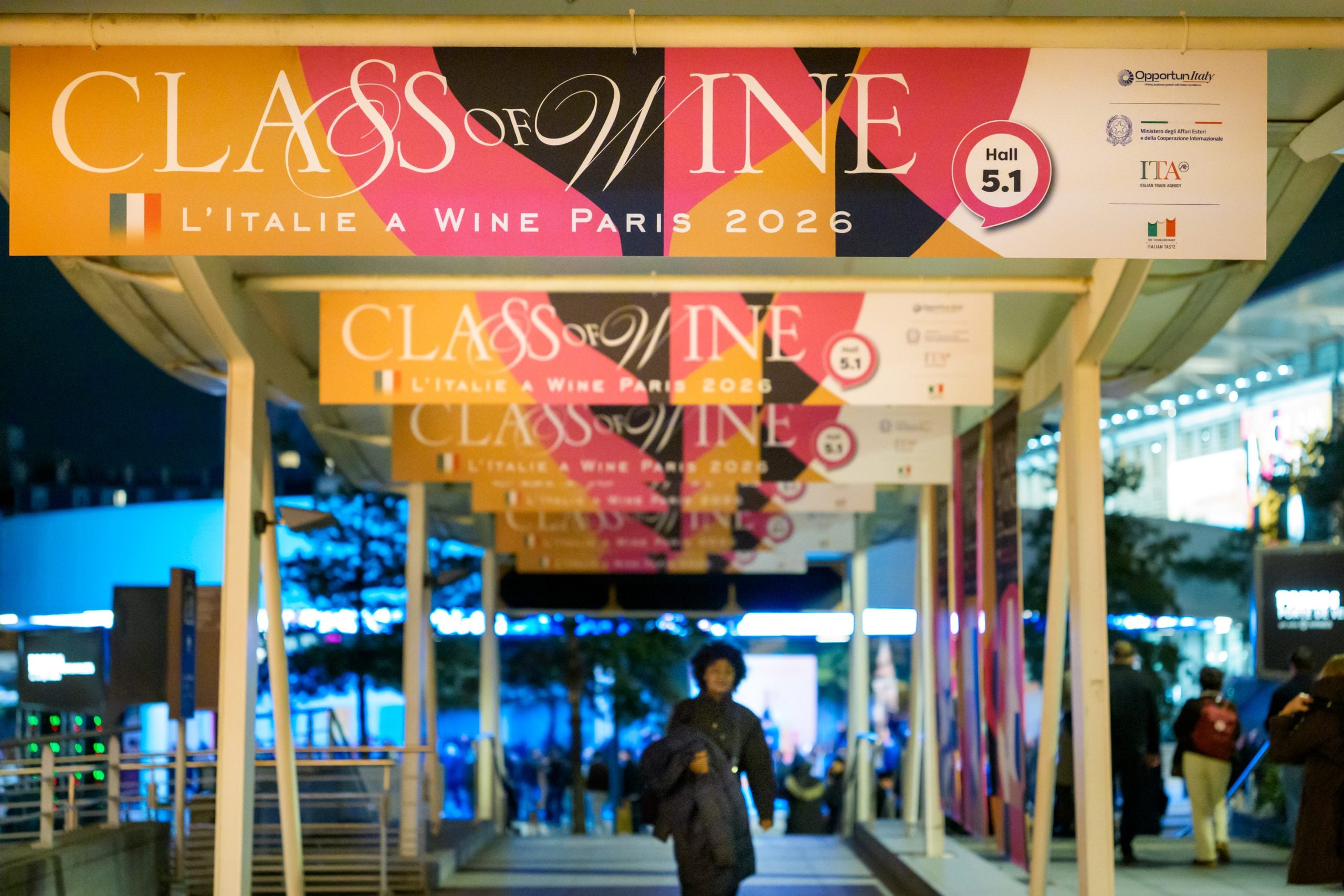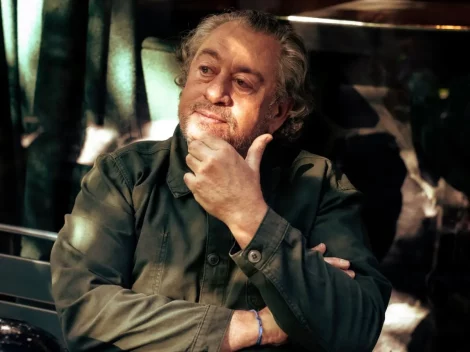The main associations representing Italian wine have signed a joint document addressed to Francesco Lollobrigida, Minister of Agriculture, Food Sovereignty and Forestry. In the letter, they call for a clear and firm stance to protect the industry, in view of the upcoming United Nations review of the Global Action Plan for the Prevention and Control of Non-Communicable Diseases (NCDs), scheduled for September 2025.
The requests
The appeal comes at a crucial time, as international criticism of wine consumption – often equating it with drugs and tobacco – becomes increasingly widespread, frequently ignoring centuries of culture and decades of studies on moderate and mindful consumption. The associations’ objective is clear: to promote a strong, coordinated, interministerial institutional campaign, involving the Ministries of Health, Education, Agriculture, and Culture, in order to assert Italy’s position, founded on scientific evidence, proportionality, and respect for dietary traditions. The document stresses that Italy must protect wine as an element of identity and a social heritage, even before considering its economic value.
Lollobrigida’s response
The Minister’s response was swift. Francesco Lollobrigida welcomed the appeal with clear words:
“It is an honour to be recognised as a point of reference for a sector such as that of Italian wine producers. But with honours come responsibilities, and I have never backed down. I will continue to stand by them so that wine is not demonised. Institutions must inform, not terrify. And we will continue to affirm that responsible consumption is necessary, but we will not take part in what resembles a crusade driven mainly by those who know little or nothing about wine.
Wine has been part of our history, our lands, our culture, and our diet – regarded as one of the best in the world – for millennia. Wine is also employment, economy, environmental protection and much more, which gives us every reason to fight to defend it and those who produce it.”
Words that now await concrete follow-up. Because the moment is exceptional – not only due to the uncertainty over tariffs – and the response from institutions must be equally exceptional. What is needed are clear, coordinated, and extraordinary actions. Not just to defend a product, but to protect a fundamental piece of our identity.


 'You cannot imagine how magnetic Etna is!'
'You cannot imagine how magnetic Etna is!' 'To be the global platform, we must take everyone and everything into account'
'To be the global platform, we must take everyone and everything into account' What did Italian producers think of Wine Paris 2026?
What did Italian producers think of Wine Paris 2026? The pizza that’s taking the Winter Olympics by storm
The pizza that’s taking the Winter Olympics by storm Where to eat in Central Rome (while avoiding the tourist traps)
Where to eat in Central Rome (while avoiding the tourist traps)





